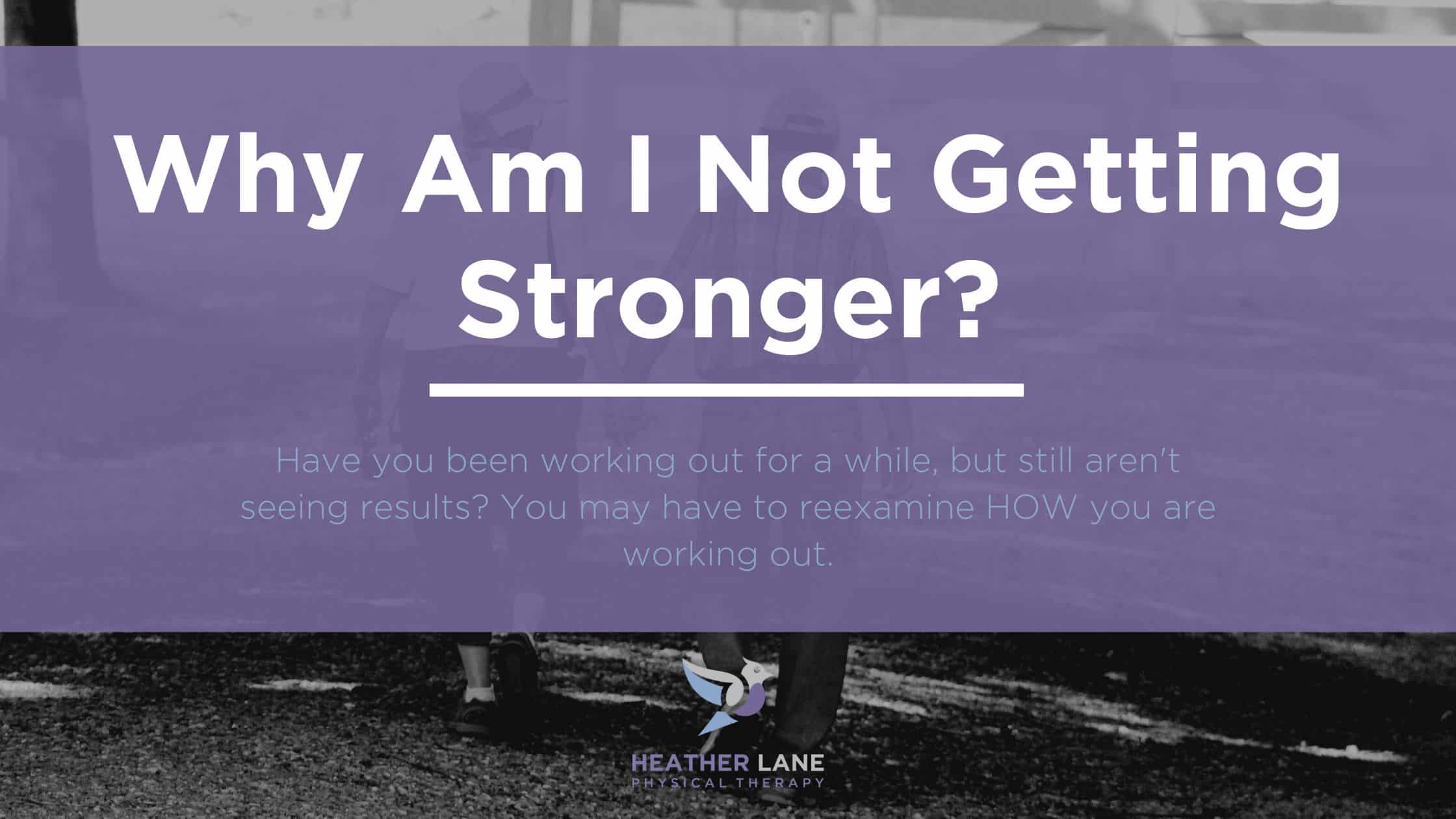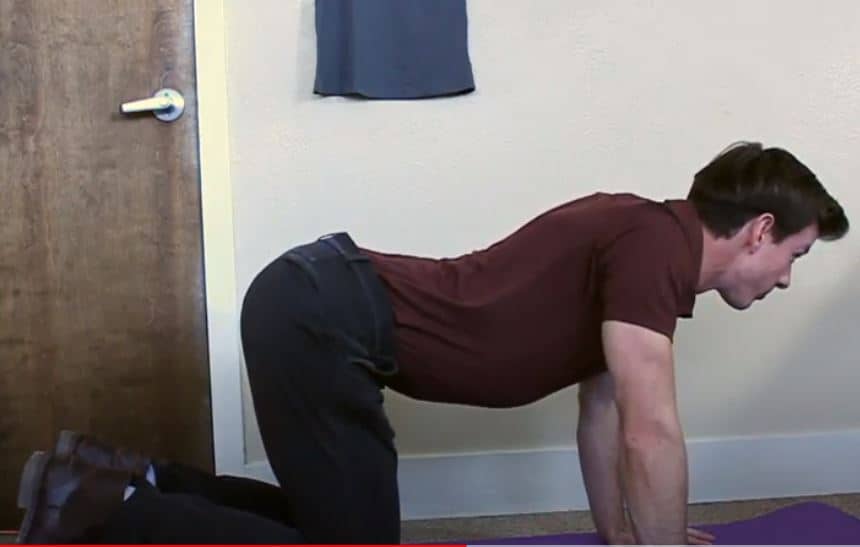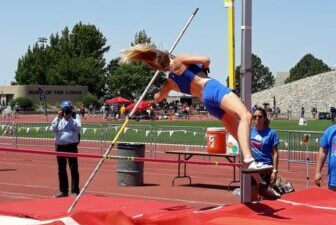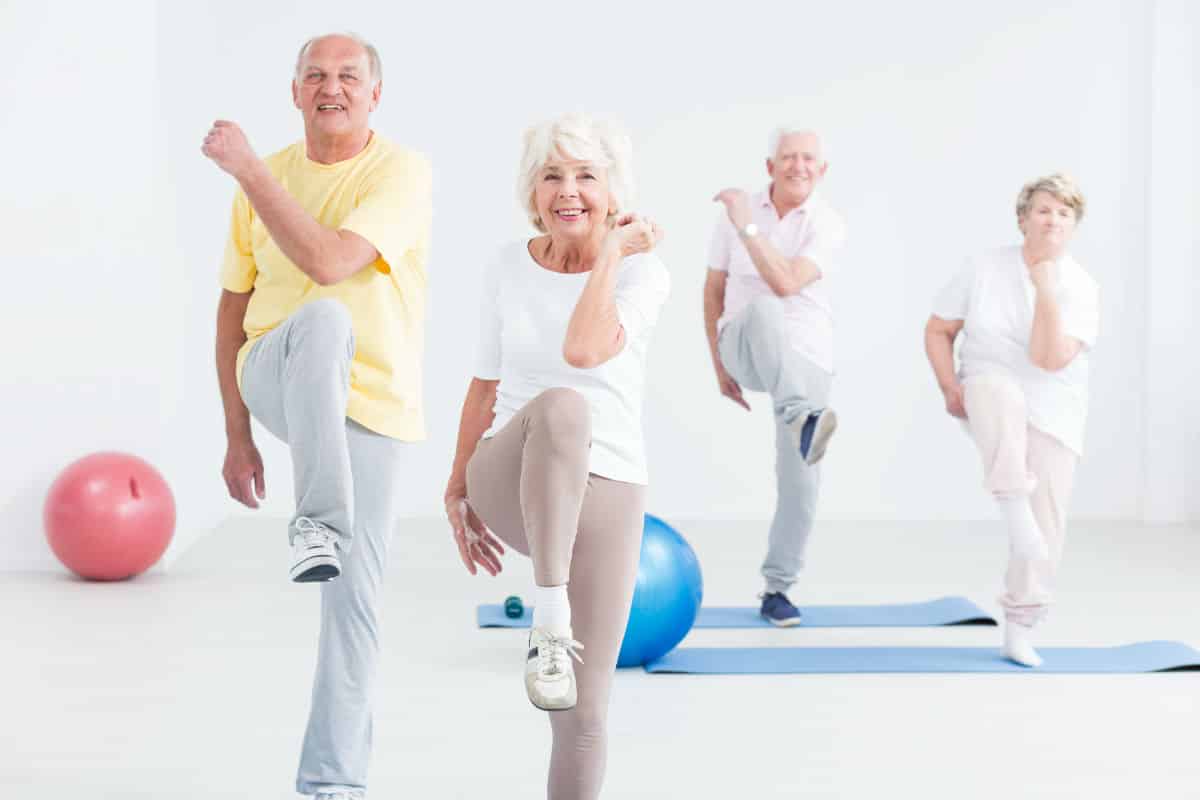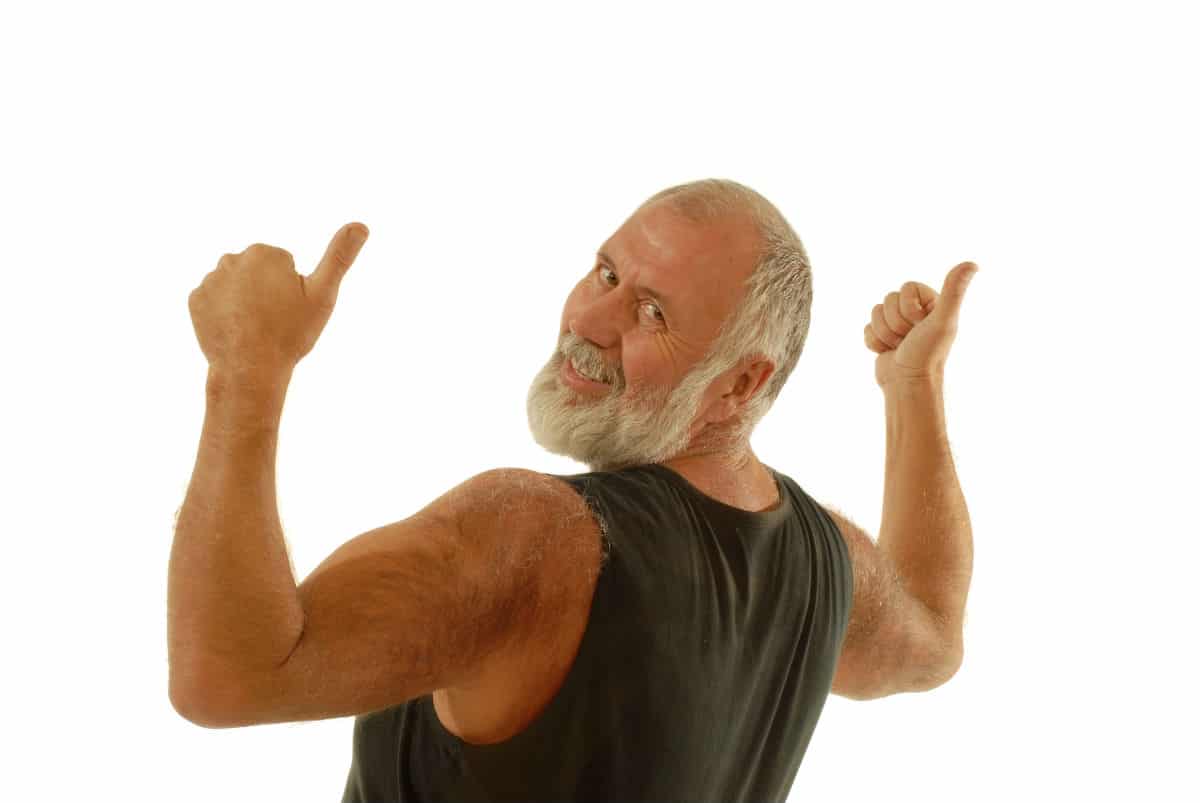Hi everyone, Dr. Donovan here. Really excited to share what we have today on why...
Read More..Competing as an Older Athlete? Rely on Physical Therapy
At Heather Lane we’re all about keeping people active for as long as possible, so...
Read More..Hunchback Starting? 3 Physical Therapy Videos Can Help Set Your Posture Straight
Do you have hyperkyphosis? You probably know it as hunchback. If your spine is curving...
Read More..Advanced Osteoarthritis and Athletes: How Physical Therapy Can Help You Return To Competitive Sports
Joint pain can make even everyday activities challenging. For athletes, the degenerative pain of osteoarthritis...
Read More..How to Start an Exercise Routine as an Older Adult
Exercise benefits you no matter what your age, and even older adults who've never exercised...
Read More..Fight Hunchback with 3 Posture Exercises to Help Straighten Your Spine
Hunchback is tough! Here are three videos to get you started on physical therapy to...
Read More..
